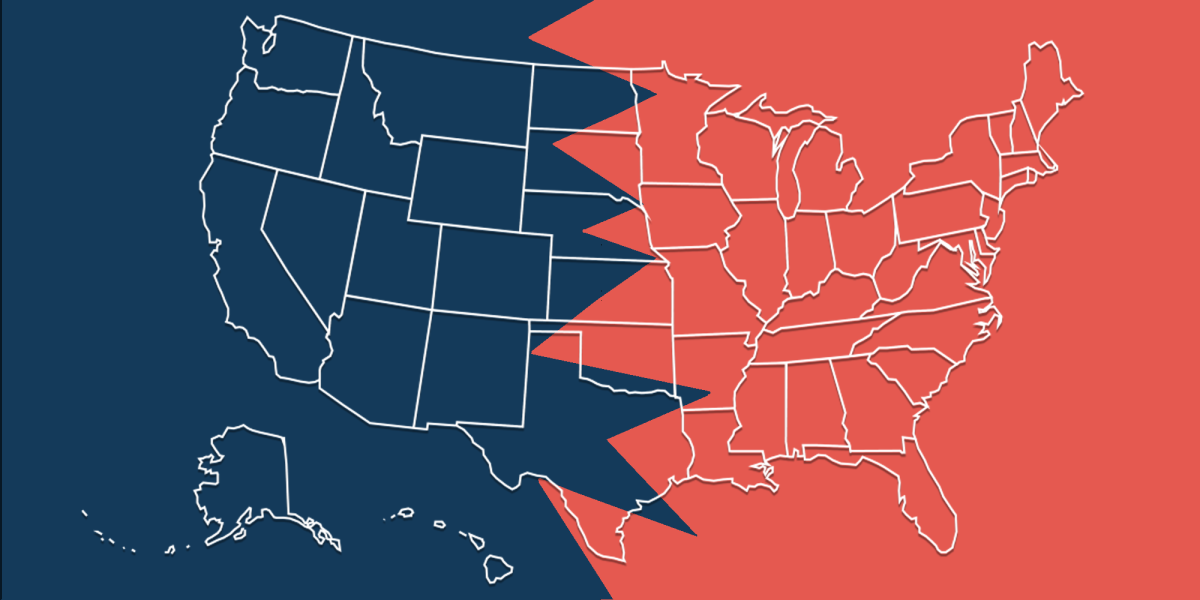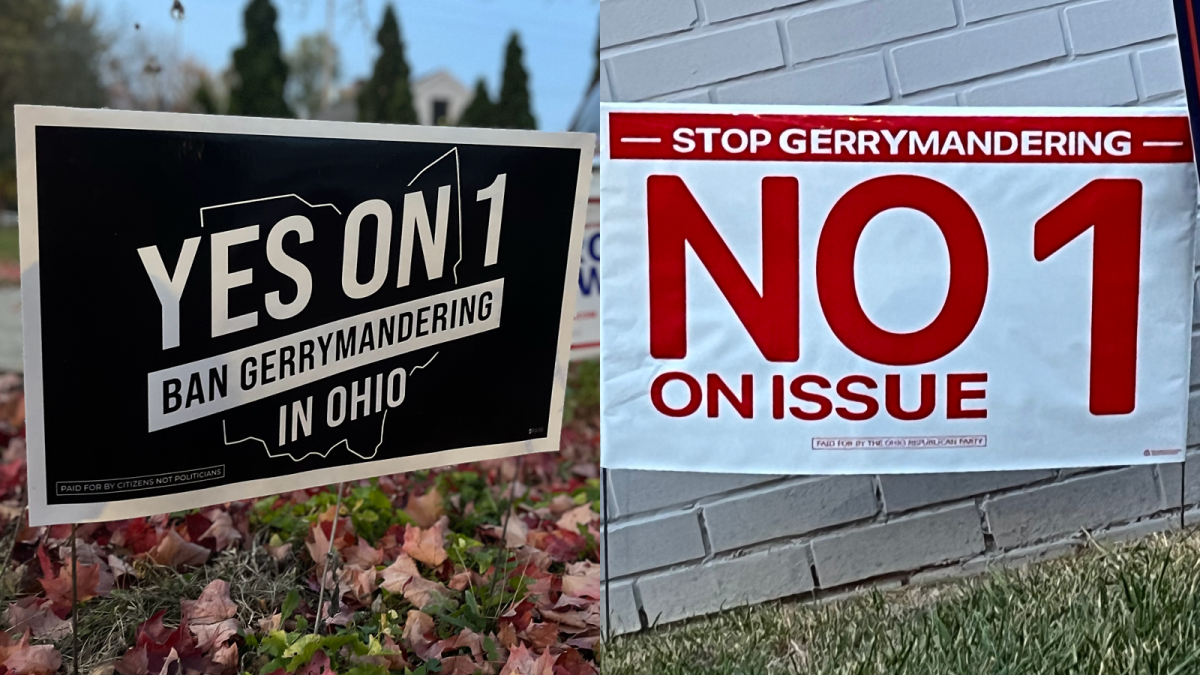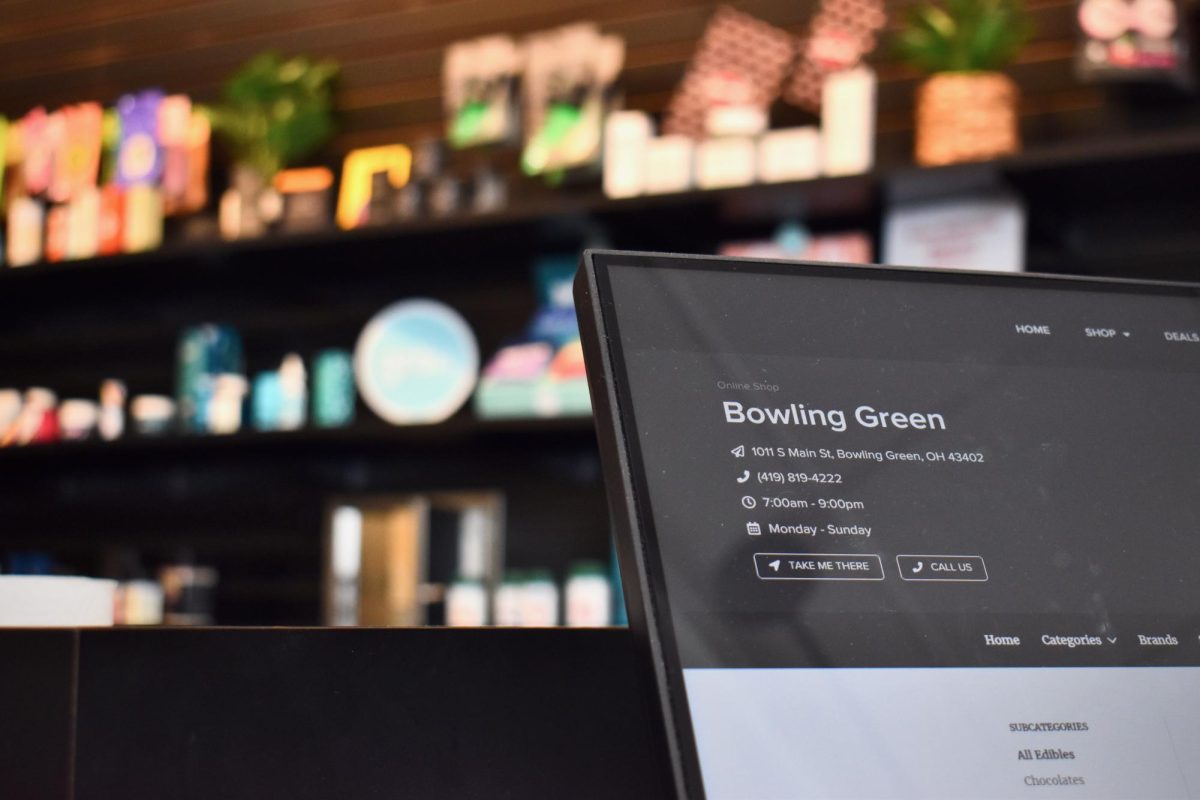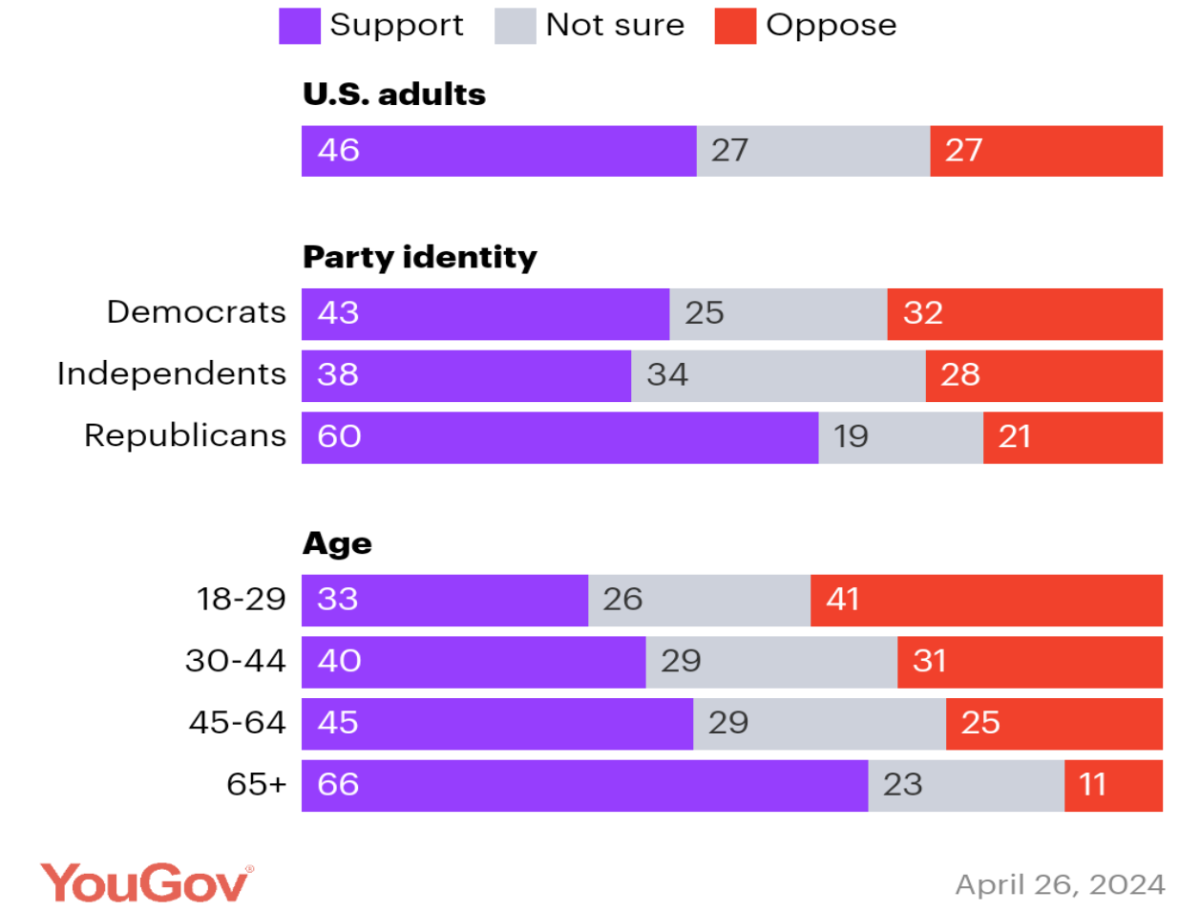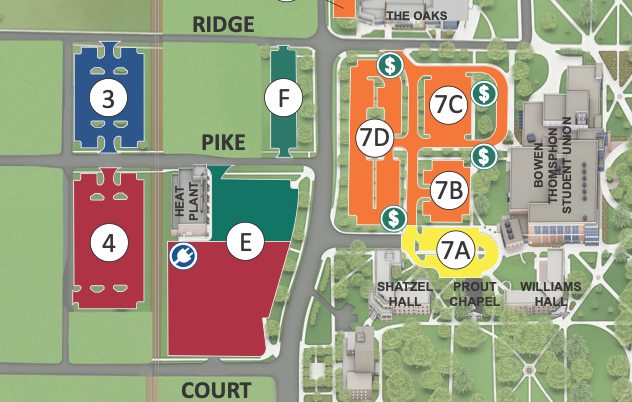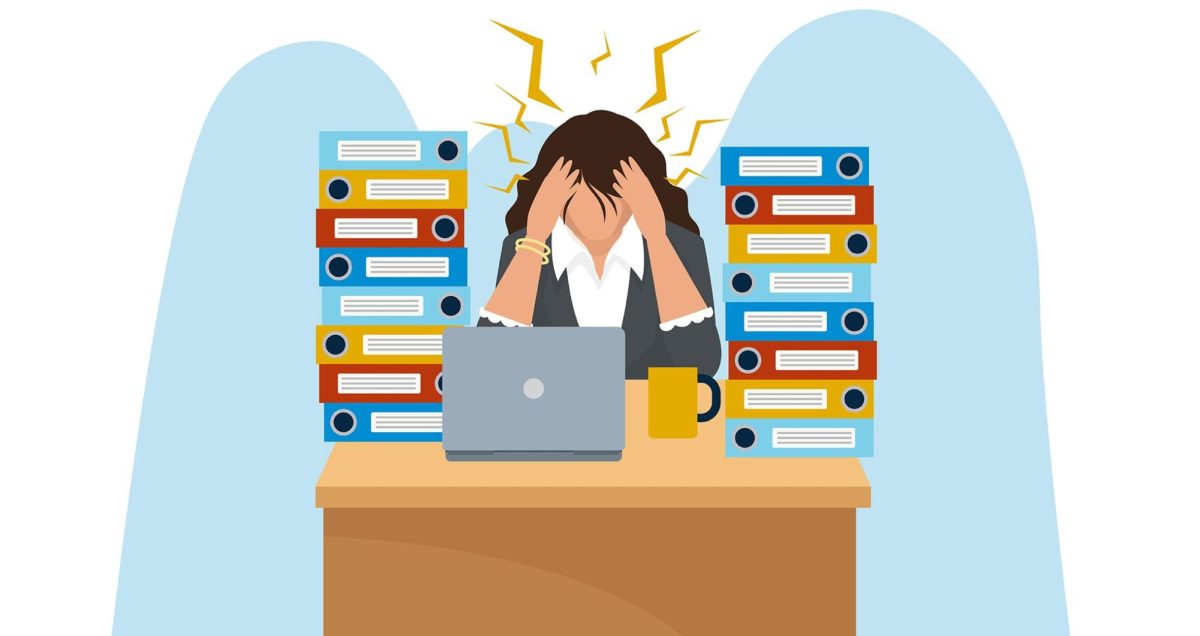On February 13, the nation’s largest multi-service cable conglomerate, Comcast Corporation, announced they would pursue a merger deal with Time Warner Cable for $45.2 billion.
According to the National Cable & Television Association (NCTA) website, Comcast had nearly 22 million subscribers in 2012. Time Warner Cable, the nation’s fourth-largest video cable provider and second-largest multi-service provider, had over 12 million subscribers the same year.
Comcast’s bid to merge with TWC would increase its market share to roughly 57 percent of the multi-service media market according to NCTA.
Cable customers have already seen increasing prices in recent years for multi-service bundles. If the U.S. Department of Justice’s Antitrust Division doesn’t block the merger, like they did in 2011 during AT&T’s attempted acquisition of T-Mobile, then Comcast would control the prices for multi-service bundles for nearly 33 million American subscribers.
Some people are afraid of what that means for prices and services in the future.
“My grandma has Comcast in Pennsylvania and that is probably the worst cable I’ve ever used,” junior Chelsey Dupakoski said. “The guide has ads all through it and it’s slow moving. It’s crap.”
Dupakoski, a TWC subscriber, isn’t happy with the price or the service she receives now and has reservations about Comcast taking over services.
“I get annoyed that I’m paying for something that doesn’t work properly,” Dupakoski said.
For $89 per month, Dupakoski gets basic cable and internet with Time Warner.
While Dupakoski has problems with TWC’s product, she has had a pleasant experience with the company’s customer service department.
“[Time Warner] is really helpful over the phone. I’m not sure what Comcast is like customer service wise, but I hope they’ll be influenced by Time Warner’s ways than bringing their own ways of handling things into the company,” Dupakoski said.
Competitors like DirecTV and Dish Network, who rank second and third in the nation for video cable subscribers, may not provide adequate competition for Comcast after acquiring TWC because they don’t offer services like telephone and internet.
Senior Nick Meyer, a communications major at the University, hopes that Dish will start offering internet services in the future.
“Dish is very close in subscribers, and I’ve seen a lot of people saying that Dish is working to provide internet.” Meyer said.
Meyer said he isn’t worried about price increases for bundles as long as satellite providers work on providing more services to subscribers.
“I think if Dish follows through you won’t see any significant price increase,” Meyer said.
Katie Kontak, an economics instructor at the University, said Comcast’s acquisition of TWC would strengthen an oligopoly in the market.
Kontak said an oligopoly is a structure in economics in which a few, even two, firms control the majority of the market.
With Comcast taking up more of the market, Kontak said that consumers shouldn’t be surprised if the quality of their services goes down.
“[Quality] tends to trend down in a monopoly or oligopoly situation because there is less competition. Without other firms around, Comcast and Time Warner can raise the prices and provide an inferior product because they don’t have a lot of other competitors to answer to,” Kontak said.
TWC subscribers like Dupakoski may be wary of Comcast’s venture to buy the nation’s runner-up cable provider. Without TWC to challenge them, it may be hard to predict how Comcast will satisfy its customers in the future.
“I don’t think that Comcast will suddenly drop in quality but less competition won’t give them a reason to work on the quality of the product they do provide,” Kontak said.


